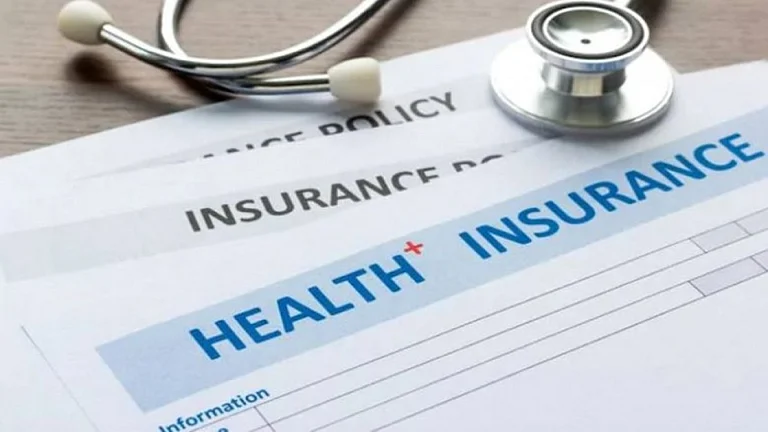Earlier those with health insurance could only receive cashless treatment at hospitals within the insurer's network. With the new 'Cashless Everywhere' system, policyholders can now receive cashless treatment even if the hospital isn't part of the insurer's network.
However, there is a catch.
“Insurers based on their past experience of frauds, overcharging to patients, failure to comply with Insurance Regulatory Development Authority (Irda) standards, etc. update the list of hospitals which are excluded from cashless or reimbursement for treatment barring emergency and that too till patients health is stabilized,” says Abhishek Kumar, a Securities and Exchange Board of India (Sebi)-registered investment advisor (RIA), and founder and chief investment advisor of SahajMoney.
The insurers share this list with the policyholders through email or letters regularly. Additionally, policyholders can also check the list of excluded hospitals on the insurers' website.
“Customers can also call the claims helpline and customer support of their respective insurers to get a confirmation on the same. The Insurance Regulatory and Development Authority of India (Irdai) may also give instructions on this, thus it is recommended that you examine regulatory notifications or talk with an insurance advisor before being hospitalized,” says Sundaram Varadan, Secretary, the Insurance Brokers Association of India (IBAI).
Things To Keep In Mind
Recently most insurers have started providing “Cashless Everywhere” benefits which support cashless claims at non-network hospitals. However, it would require prior intimation to the insurer and an additional set of documents as compared to a network hospital.
“Also, the insurer would negotiate the rates with non-network hospitals on a case-to-case basis and if the negotiation fails then you have to first pay for the treatment and then file reimbursement claims later with the insurer,” says Kumar.
However, as mentioned earlier, if you get treated at a hospital that is specially excluded, you will not receive cashless treatment or reimbursement in which case you have to pay the entire hospital bill from your own pocket.
What To Do When Claim Is Rejected
If a claim is refused owing to treatment at an excluded hospital, policyholders should first evaluate the exact reasons for rejection indicated in the insurer's statement.
If they believe the rejection was unwarranted, they may appeal the judgment by presenting further supporting papers. “In circumstances where malpractice or arbitrary rejection is suspected, policyholders can contact the Insurance Ombudsman or register a grievance with Irdai using the Bima Bharosa System, which offers a structured dispute resolution mechanism,” says Varadan.













